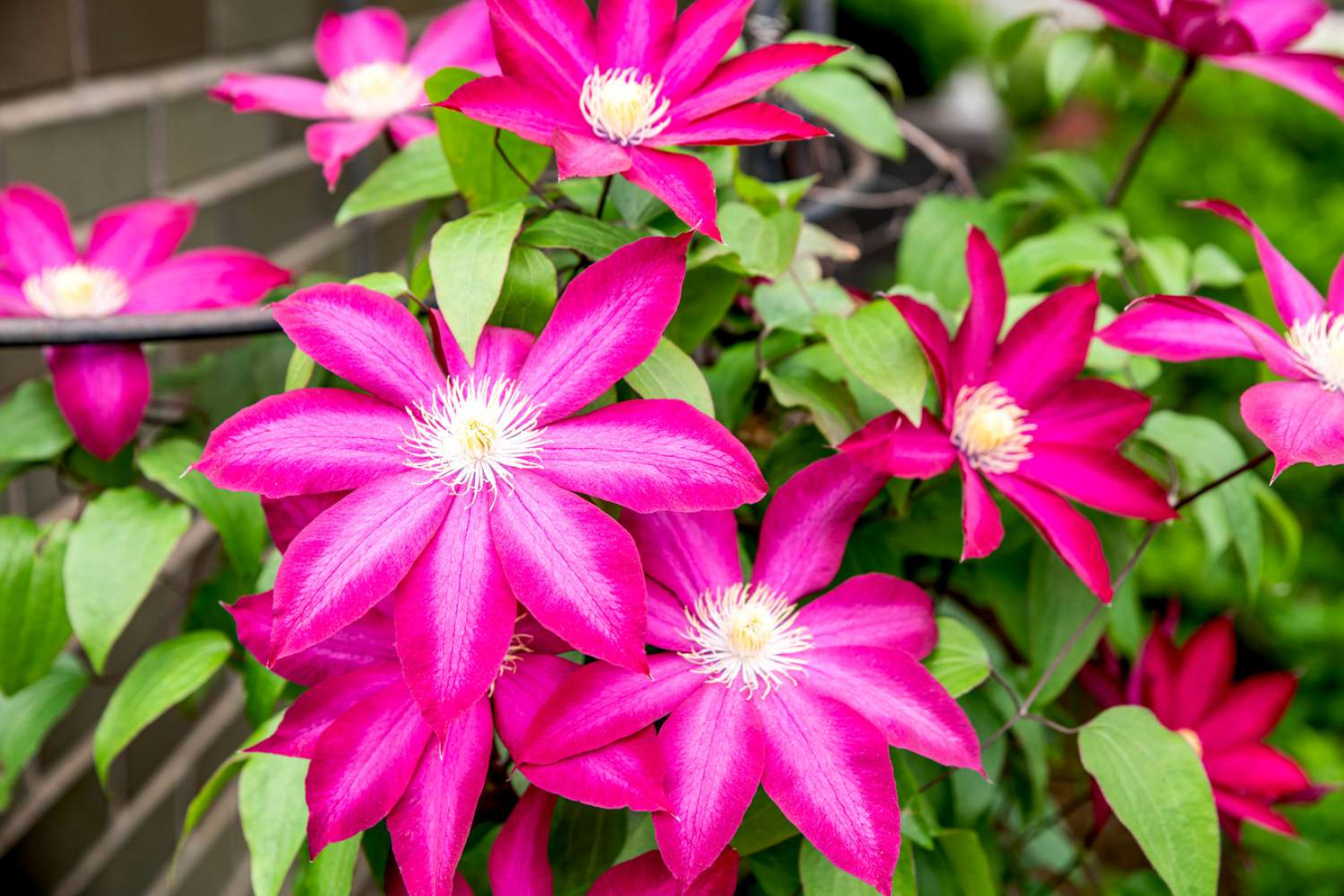What Flowers Do Rabbits Eat?
Rabbits are herbivores and have a natural preference for eating plants, including flowers. While they primarily consume grasses and other vegetation, they also enjoy indulging in the occasional flower. However, it is important to note that not all flowers are suitable for rabbits and some can even be toxic to them. In this article, we will explore the flowers that rabbits commonly eat and provide tips on how to keep your rabbit safe.

Flowers That Rabbits Eat
Rabbits have a wide range of flower preferences, and their preferences may vary based on availability and individual tastes. The following are some flowers that rabbits commonly eat:
- Dandelions: Rabbits are particularly fond of dandelions and can quickly devour them. However, dandelions should be fed in moderation as they have high sugar content.
- Marigolds: These vibrant flowers are often a favorite among rabbits. Marigolds are safe for rabbits to eat and can provide essential nutrients.
- Roses: Rabbits may nibble on rose petals, especially if they come across them in the garden. However, it is best to limit their access to roses as the thorns can be harmful.
- Pansies: Pansies are safe for rabbits to eat and can add a pop of color to their diet. These flowers are rich in vitamins and can be a healthy snack.
- Lavender: Rabbits may enjoy the scent and taste of lavender. However, it is important to introduce it gradually as some rabbits may have allergies or digestive sensitivities.
Flowers to Avoid
While there are flowers that rabbits can safely consume, there are also several that should be avoided due to toxicity. These include:
Tulips: Tulips contain substances that can be toxic to rabbits, especially bulbs. It is best to keep rabbits away from tulip plants.
Lilies: Lilies are highly toxic to rabbits and can cause severe gastrointestinal problems if ingested. It is crucial to ensure that lilies are not accessible to rabbits.
Hydrangeas: Hydrangeas contain cyanide compounds and can be harmful to rabbits if consumed in large quantities. It is best to keep rabbits away from hydrangea plants.
Daffodils: Daffodils contain toxic alkaloids, making them dangerous for rabbits. All parts of the daffodil plant should be kept out of reach.
Azaleas: Azaleas contain grayanotoxins, which can have a detrimental effect on a rabbit’s health. It is important to prevent rabbits from accessing azalea plants.
Tips to Protect Your Flowers
If you have a rabbit and want to protect your beloved flowers from being devoured, here are some tips:
Fencing your flower beds or using wire mesh can help keep rabbits from accessing your flowers.
- Plant rabbit-resistant flowers: There are several flowers that rabbits tend to avoid due to their taste or smell. These include geraniums, snapdragons, and impatiens. Consider planting these varieties to deter rabbits from your garden.
- Use repellents: Applying repellents specifically designed to deter rabbits can help protect your flowers. These may include sprays or granules with ingredients that rabbits find unpleasant.
- Fence your flower beds: Fencing your flower beds or using wire mesh can help keep rabbits from accessing your flowers. Ensure that the fencing is buried underground to prevent rabbits from burrowing underneath.
- Provide alternative food sources: To divert rabbits’ attention away from your flowers, create a separate feeding area with rabbit-friendly plants. This can help satisfy their appetite while preserving your garden.
Frequently Asked Questions (FAQs)
1. Can rabbits eat sunflowers?
Yes, rabbits can eat sunflowers. They can nibble on the leaves and petals, and also enjoy the seeds as a treat. However, it is important to remove any salt or seasoning from the seeds before offering them to your rabbit.
2. Are petunias safe for rabbits?
Yes, petunias are safe for rabbits to eat. These colorful flowers can be a nutritious addition to their diet. However, as with any new food, it is best to introduce them gradually to observe any adverse reactions.
3. How can I prevent rabbits from eating my tulips?
Rabbits are known to have a fondness for tulips, especially the bulbs. To protect your tulips, consider erecting a fence around the area, applying repellents, or planting rabbit-resistant flowers nearby to deter them.
4. Are all parts of the lily plant toxic to rabbits?
Yes, all parts of the lily plant, including the leaves, stems, flowers, and pollen, are toxic to rabbits. Even small amounts of lily ingestion can have severe consequences for their health. It is crucial to keep rabbits away from lilies at all times.
Related Articles…
Copyright Notice:
All images on this website are obtained from the internet and remain copyrighted to their original owners. If you hold copyright to any image and want it taken down, please reach us.